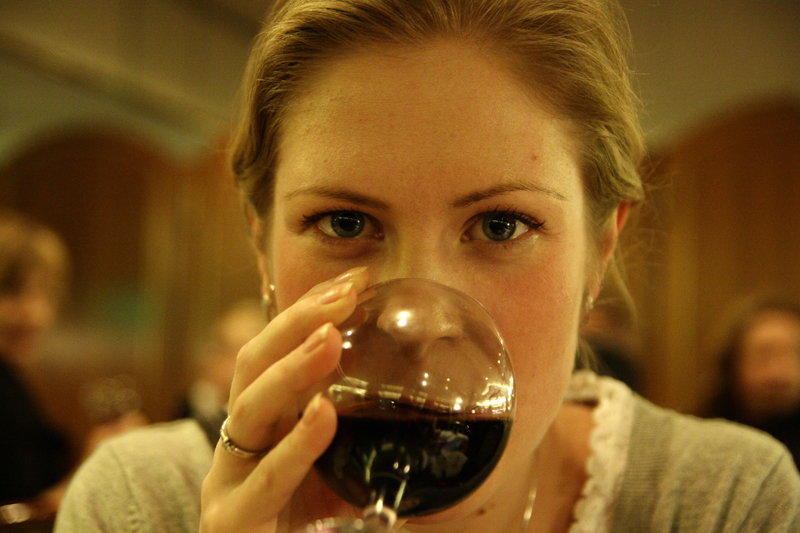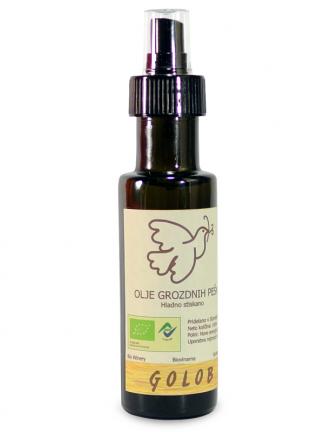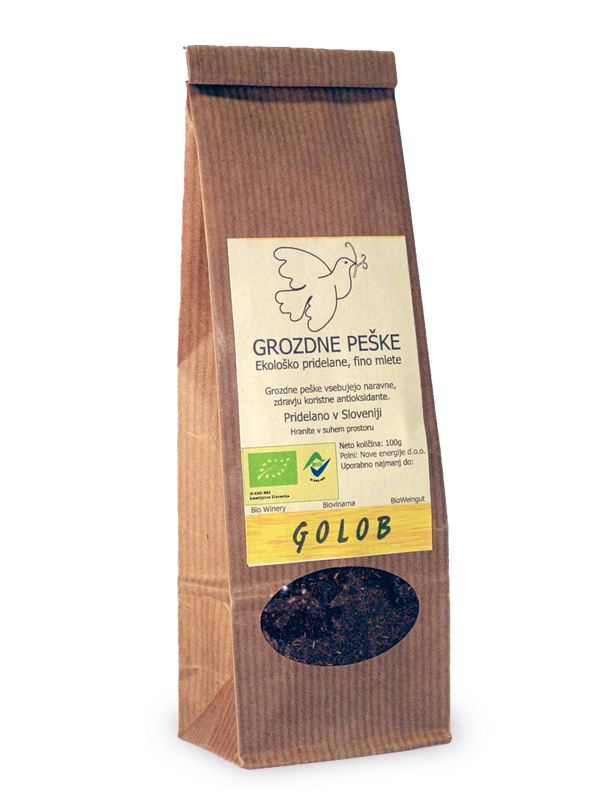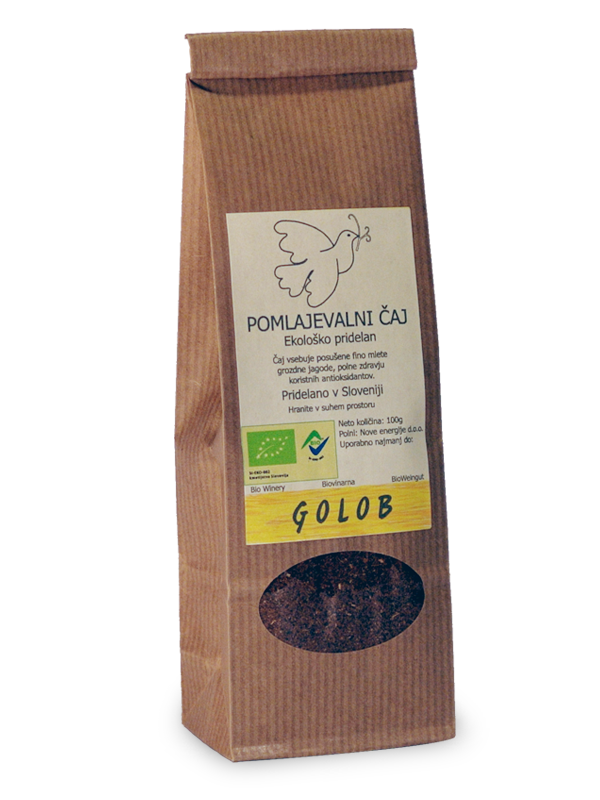The many health benefits of moderate wine consumption are well documented, with medical researchers commenting extensively on wine’s anti-aging, anti-cancer and cardioprotective properties over the past two decades. However, one of the most overlooked advantages associated with moderate sulphite free wine drinking is the boost it provides to a person’s mental health. Today, we will discuss two incredible ways in which balanced alcohol consumption promotes cognitive health and prevents mental decline.
- Fighting Depression
Depression is one of the largest and fastest growing mental health issues on the planet. The condition currently affects approximately 21 million people in Europe, and 15 million people in the United States. Women are twice as likely to experience depression as men. A 2006 study conducted by Sobocki, Jönsson and Rehnberg on the cost of depression in Europe revealed that in 2004, depression costs alone totaled approximately 118 billion Euros.
Interestingly, a team of researchers from Spain have found that men and women who drink sulfite free wine in moderation may be at a lower risk for depression. After accounting for other lifestyle factors such as daily diet, smoking habits, and marital status, the researchers discovered that individuals who drank 2-7 glasses of wine per week were less likely to develop the disorder than persons who did not drink. However, they did warn of the dangers of overindulgence, with heavy drinkers placed at a much higher risk than those who did not drink alcohol at all, as well as those who drank conservatively.
- Fighting Dementia
Dementia is a term used to describe chronic mental disorders which are characterized by memory loss, changes in personality and impaired reasoning. These issues are usually caused by brain injury or brain disease, and are closely linked with advanced age and a sharp decrease in quality of life. While many persons believe that significant cognitive decline is a normal part of the aging process, it must be stressed that there is nothing normal or natural about dementia.
Arguably, the two most popular types of dementia are Alzheimer’s disease (which affects roughly 60-80% of persons with dementia symptoms) and vascular dementia (which manifests itself after a person has a stroke). A 2013 study published by Prince, Bryce, Albanese, et al., estimates that in 2010, almost 36 million people were suffering from dementia worldwide. That figure is projected to increase to 66 million in 2030, and 115 million in 2050.
Despite of all these concerns though, there is some good news. A research team headed by Professor Edward Neafsey from the Loyola University Medical Center in 2011, contend that consistent and moderate wine intake may lessen the odds of a person developing symptoms of dementia later on in life. The scope of the experiment included people from 19 different nations, with results indicating that moderate wine drinkers are 23% less likely to develop dementia or other forms of mental decline than people who do not consume alcohol at all. These findings were supported by further experiments conducted by Siegfried Wayerer and a group of scientists from the Central Institute of Mental Health in Germany.
Today, numerous research teams are thoroughly investigating possible neurodegenerative interventions using the antioxidants in organic sulfite free wine such as Golob Sauvignon Blanc. For those of us who have had to deal with terrible hangovers in the past, it may be difficult for us to believe these emerging scientific claims. The key however, is moderation. When it comes to drinking wine, just a little can go a long way towards significantly better mental health.
Image courtesy of Nan Palmero



